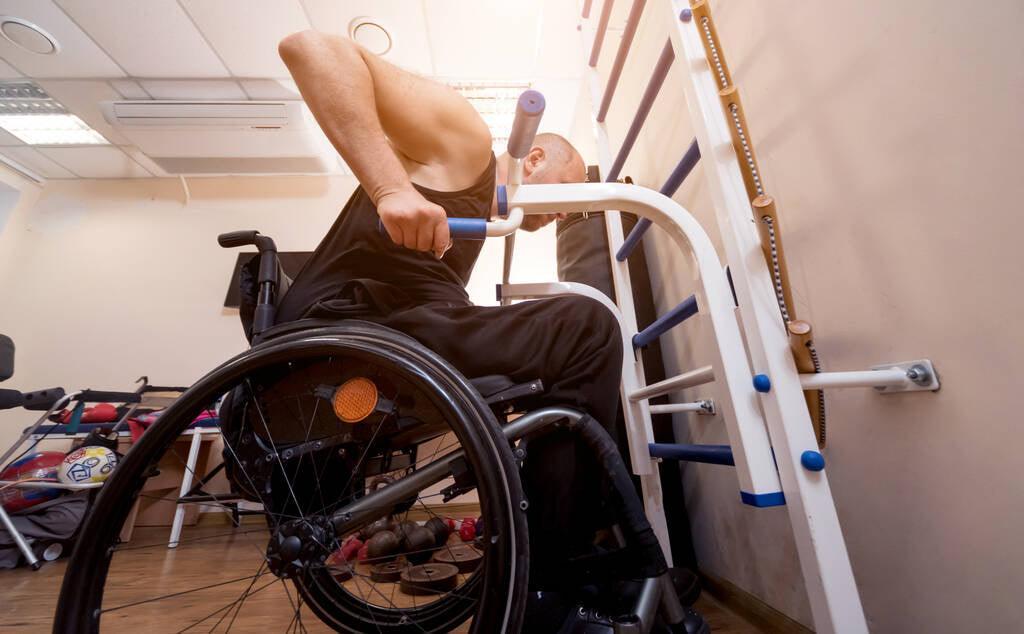For people who are mobile, we often take moving for granted. Our daily activities, jobs, and chores revolve around movement. From getting out of bed, walking to work, and settling down on the couch after a long day. But for immobile individuals, daily activities can be a nightmare.
Patient lifters are designed to lift and transfer immobilized patients from one place to another, from bed to bath, chair to a stretcher, or wheelchair to couch. A caregiver usually manages them, assisting the individual under their care with movement.
Benefits of Patient Lifts
These medical devices provide many benefits, including reduced risk of injury to patients and caregivers. Instead of caregivers needing to move or lift their patients manually, they seamlessly carry them with a lift. The catch is that lifts are only beneficial when properly used. Improper use of patient lifts can pose significant public health risks. Patient falls from these devices have resulted in severe injuries, including head traumas, fractures, and deaths.
How to lift a patient safely?
The FDA has compiled a list of the best practices that, when followed, can help mitigate the risks associated with patient lifts. Users of patient lifts should:
- Receive training and understand how to operate the lift.
- Match the sling to the specific lift and the weight of the patient. A sling must be approved for use by the patient lift manufacturer. No sling is suitable for use with all patient lifts.
- Inspect the sling fabric and straps to ensure they are not frayed, stressed at the seams, or otherwise damaged. If there are signs of wear, do not use it.
- Keep all clips, latches, and hanger bars securely fastened during operation.
- Keep the base (legs) of the patient lift in the maximum open position and situate the lift to provide stability.
- Position the patient's arms inside the sling straps.
- Make sure that the patient is not restless or agitated.
- Lock the wheels on any device that will receive the patient, such as a wheelchair, stretcher, bed, or chair.
- Make sure that the weight limitations for the lift and sling are not exceeded.
- Follow the instructions for washing and maintaining the sling.
- Create and follow a maintenance safety inspection checklist to detect worn or damaged parts that need immediate replacement.
To read the FDA's caregiver guide to patient lifts, click here.
How much do patient lifts cost?
The lift price for patients ranges depending on the model, specs, and type of lifter. Shop Home Med's range of patient lifts ranges from $599 to $2600.
To learn more about the different types of patient lifts, read another informative Shop Home Med blog post here.





